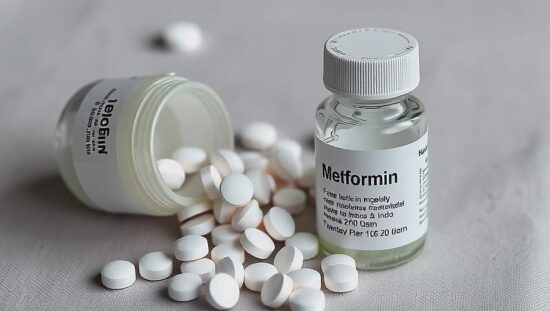A potential crisis is unfolding in the pharmaceutical industry, as a new EU wastewater directive threatens the future of a widely used diabetes medication, Metformin. According to a report by the German news magazine, Spiegel, the additional costs of a new filtration stage in wastewater treatment plants, required by the directive, could be as high as 445% of the current costs for medications like Metformin.
As prices for medicines in Germany are capped by law, pharmaceutical companies, such as Zentiva and Sandoz, the market leaders in Metformin, are facing a predicament. Zentiva’s Germany chief, Josip Mestrovic, stated that no manufacturer can absorb a quadrupling of Metformin’s costs without passing the costs on to consumers.
The potential withdrawal of Metformin from the market would have significant consequences, with millions of patients forced to switch to more expensive alternatives, such as Gliflozine, Glutide, or Insulin. The shift would also lead to increased expenses for health insurance providers, with estimates suggesting that the additional costs of Metformin alternatives could reach up to 1.5 billion euros annually, a significant increase from the current 350 million euros spent on Metformin.





